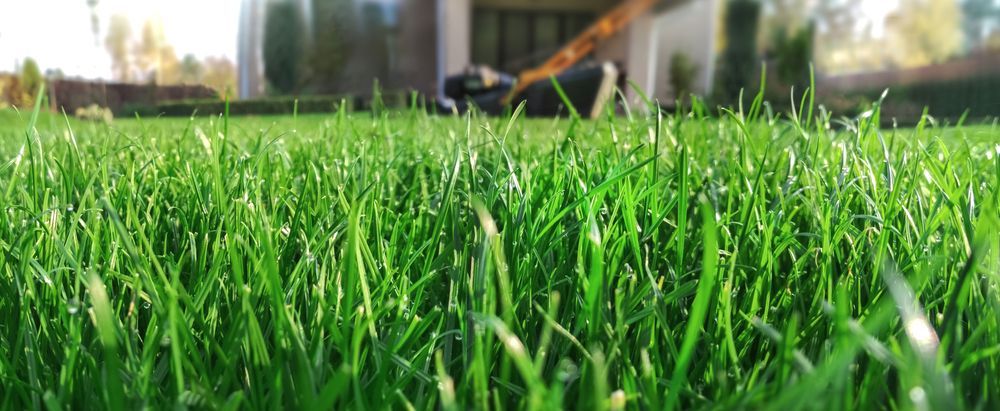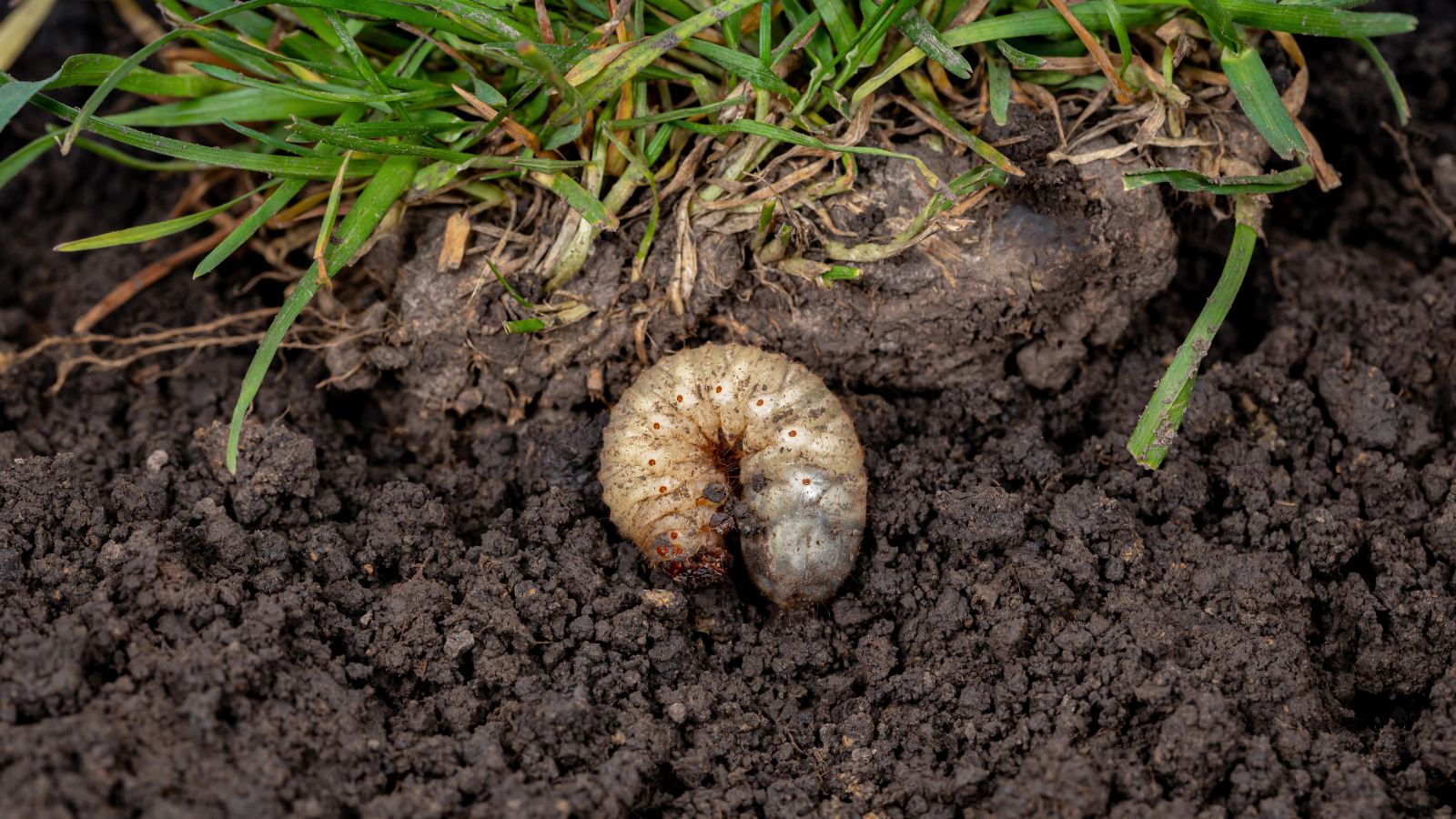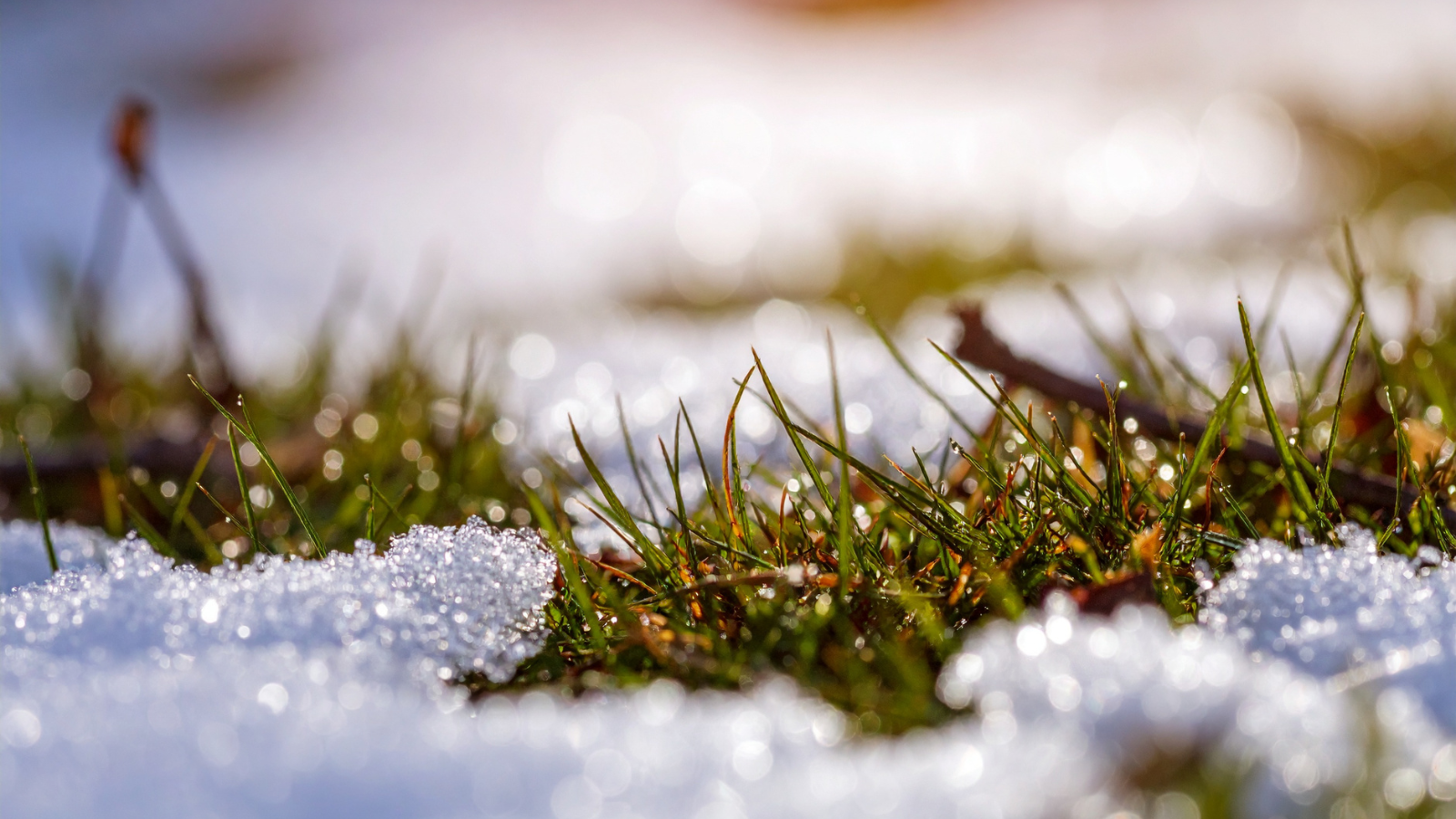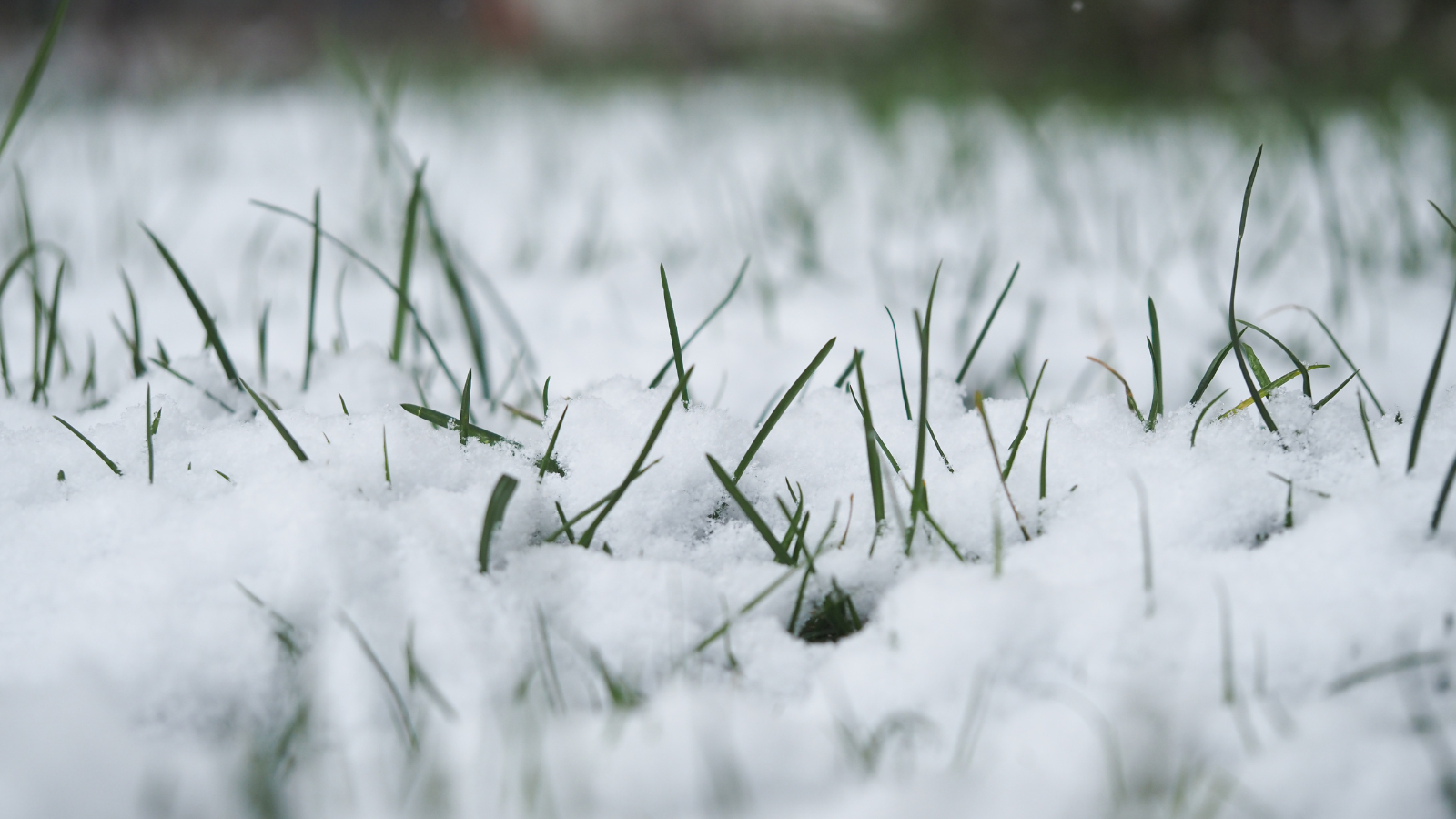February 27, 2023
Aeration and Overseeding: How Help Your Yard Recover From Summer Stress
Another summer is coming to a close. Families are stressing over back-to-school routines while your yard is stressing from backyard barbecues, family watersports, and your dog’s zoomies. Not only can these activities compact your grass and soil over time, but organic material and grass clippings can collect between the blades just above the soil, blocking crucial nutrition.
Southeast Michiganders did get a
decent amount of rain this year. But according to Fox 2 meteorologist Derek Kevra, temperatures were
above average for July, contributing to dry soil conditions. Here are three steps you can take right now to help your yard recover and build healthy momentum heading into winter.
Summer Stress Recovery Starts With Aeration
Cool-season grasses dominate the Southeast Michigan landscape and are sensitive to summer heat. They need medium soil temperatures to thrive, so you may notice dead patches or dormant areas as the thermometer climbs above 90 degrees. Meanwhile, summer fun activities tend to compact the soil, and leaves, stems, grass clipping, and other materials form thatch.
Aeration
can help de-thatch, drastically cool down the soil, and provide much-needed oxygen, water, and nutrients to penetrate. Because no two yards are alike, the
lawn care specialists at Visionary Fertilization recommend two types of aeration: core aeration and liquid aeration.
Core Aeration
Core aeration, or core-pulling, is a physical approach. You manually pull out plugs of soil or use a machine, lawn aerator, or specialized spiked shoes to poke holes throughout the yard. While effective and immediate, the process leaves behind bits of sod that take time to break down.
Liquid Aeration
Liquid aeration is the process of spraying organic chemicals on the lawn to help break down thatch. It’s a popular option for homeowners with items buried around the yard, like electric fencing or irrigation systems. This method allows for deeper penetration than core aeration, making it a better long-term option.
Why Is Overseeding Important?
Overseeding has several benefits. It thickens the grass, reducing soil runoff during storms or when watering. It can deter pests by keeping grass healthy and disease-free. Overseeding also reduces the need for constant fertilizing.
After you’ve aerated, use a seeder to spread new seeds evenly throughout your yard. Keep in mind that the type of grass you have determines your overseeding schedule. Michigan has cool-season grass, so you want to overseed in early spring and late summer/early fall.
Overseeding Cool-Season Grass
Whether you’re laying new sod or overseeding your current turf, make sure it’s not too hot outside and the ground isn’t soaked from the rain. The ideal growing temperature for cool-season grasses, like Kentucky Blue-Grass or Perennial Ryegrass, is 60 to 75 degrees Fahrenheit. August brings cooler temperatures to Southeast Michigan, especially in the early evening, making it the perfect time to overseed cool-season grass.
What Is Soil Conditioning?
Think of soil conditioning as a final step to help heal summer stress for your yard. It helps improve water retention, restores the texture and health of your soil, and stimulates growth. Remember, your soil is the foundation of your lawn–not the grass. An organic topdressing or soil conditioner can help prevent thatch build-up into winter and protect and rejuvenate your soil. The experts at Visionary Fertilization have developed soil conditioners with materials local to Southeast Michigan.
Reduce Summer Stress On Your Yard

If you notice your yard is stressed and don’t have time to aerate, try limiting activity and water only in the morning or evening. This will help prevent the soil from becoming even more compact or water pooling because it can’t get through the hard surface. Visionary Fertilization can get your yard back to its optimum growth cycle before the first freeze.
Give our team a call
and ask about our unique
7-Step Treatment Plan
or schedule a no-risk,
instant quote today!




